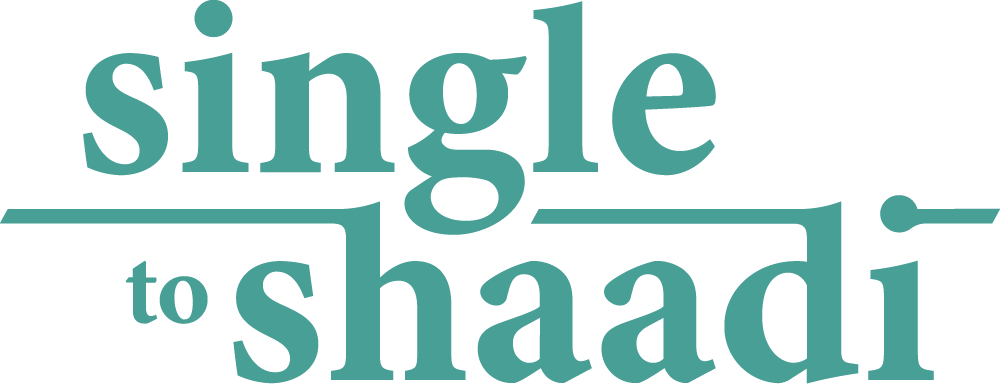Contradictory TikTok Trends Highlight Gender Disparities in Dating Culture
As we navigate the evolving landscape of dating in 2024, two viral TikTok trends have captured the zeitgeist, reflecting deep-seated gender disparities. On one hand, the "Looking for a Man in Finance" trend has been criticized for promoting unrealistic expectations women supposedly have about men. On the other hand, the "Hawk Tuah" girl has been celebrated for her open approach to oral sex, despite the vastly different standards men and women are held to in dating contexts. These trends, both of which gained traction in early summer, underscore the ongoing double standards in dating culture. Adding a South Asian perspective further highlights these disparities within a cultural context that values tradition alongside modernity.
The "Looking for a Man in Finance" Trend
The "Looking for a Man in Finance" trend revolves around young women expressing their desire to date men in finance. The rationale behind this preference is the perceived financial stability and ambition associated with the finance sector. However, this trend has faced significant backlash. Critics argue that it promotes a superficial and materialistic view of relationships, suggesting that women prioritize financial status over personal compatibility and genuine connection. Furthermore, the trend often emphasizes classic attraction qualities such as being 6'5" tall, having blue eyes, and possessing a trust fund, reinforcing unrealistic and often Eurocentric beauty standards.
In the South Asian context, this trend resonates with the long-standing cultural emphasis on financial security and professional success in potential spouses. Families often encourage women to seek partners with stable, lucrative careers, believing it ensures a secure future. This expectation is rooted in traditional views on marriage, where financial stability is seen as a cornerstone of a successful union. However, the emphasis on physical attributes like height and fair skin reflects colorism and the historical preference for lighter skin tones, which are still prevalent in many South Asian communities. These additional pressures can lead to undue criticism when women voice their preferences, perpetuating the stereotype of women being "gold diggers" and reinforcing harmful beauty standards.
The "Hawk Tuah" Girl
In stark contrast to the finance trend, the "Hawk Tuah" girl has gained popularity for her candidness about giving men oral sex. This trend, named after the viral video where she humorously refers to the act, has been met with widespread approval and even celebration. It highlights a woman's sexual agency and openness, a theme that is often suppressed or stigmatized in broader cultural narratives. However, this very openness has led to her being sexually objectified, as many viewers reduce her identity to her sexual acts rather than seeing her as a multifaceted individual.
Within South Asian communities, discussions about female sexuality remain largely taboo. The celebration of the "Hawk Tuah" girl in Western contexts contrasts sharply with the often conservative views held in many South Asian families. Women who openly discuss their sexual preferences or experiences can face severe judgment and social ostracism. The "Hawk Tuah" trend, while appearing to champion sexual liberation, also reflects the narrow confines within which women's sexual expression is accepted, particularly in more traditional cultures. This objectification further complicates the narrative, as it creates a model or expectation for the type of women men believe they should be meeting—open about their sexuality yet confined to being valued primarily for it.
Gender Disparities in Dating Expectations: A South Asian Lens
These two viral trends illustrate the contradictory pressures and expectations placed on men and women in the dating world, with an added layer of complexity in South Asian communities. Women, as seen in the finance trend, are criticized for seeking financial stability and physical attributes, understandable and practical considerations in long-term partnerships. Meanwhile, the "Hawk Tuah" girl's acceptance hints at a selective embrace of female sexuality, one that still operates within the boundaries of male approval and societal norms.
In South Asian cultures, the pressure to conform to traditional gender roles is often more pronounced. Men are expected to be providers, while women are expected to uphold family honor through modesty and propriety. These expectations can create a challenging environment for South Asian singles trying to balance modern dating dynamics with cultural values. The additional expectation for women to meet unrealistic beauty standards—tall, fair-skinned, and affluent—only intensifies these pressures, making it harder for them to navigate the dating scene authentically.
Conclusion
The "Looking for a Man in Finance" and "Hawk Tuah" trends, despite their differences, both shed light on the persistent gender disparities in dating culture, especially when viewed through a South Asian lens. By examining these trends, we can better understand the nuanced ways in which societal expectations shape our views on relationships. As we move forward, it's essential to foster conversations that promote a more balanced and respectful approach to dating, one that values individual preferences without perpetuating harmful stereotypes.
These observations aim to encourage deeper reflection on the double standards in dating and relationships, promoting a more equitable dialogue about what we seek in partners and how we judge others for their choices. In doing so, we can create a more inclusive dating culture that respects both modern aspirations and traditional values, allowing individuals to navigate their romantic journeys with confidence and authenticity.
